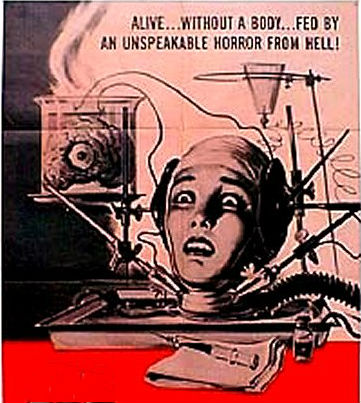
Looking ahead to radical solutions for ALS and cancer
Head transplants may not work as planned
 Improbable as it may seem, an Italian neurosurgeon plans to transplant a head within the near future. Sergio Canavero has received worldwide publicity with his solution for degenerative diseases like ALS or for patients whose bodies are riddled with cancer. Last year a 30-year-old Russian IT worker with a crippling muscle-wasting disease volunteered for the operation when it become feasible.
Improbable as it may seem, an Italian neurosurgeon plans to transplant a head within the near future. Sergio Canavero has received worldwide publicity with his solution for degenerative diseases like ALS or for patients whose bodies are riddled with cancer. Last year a 30-year-old Russian IT worker with a crippling muscle-wasting disease volunteered for the operation when it become feasible.
Assuming, however, that the operation is successful, who will the person be? The person who once owned the head, or the person who once owned the body? Neither, according to an article in the journal Neuroethics.
We maintain that embodiment is central to personal identity and a radical alteration of the body will also radically alter the person, making her a different person. Consequently, a human head transplant will result in an individual partly continuous with the head/brain donor (in terms of connected memories and mental events), and partly continuous with the body donor (in terms of the inputs and regulatory patterns afforded by the structure and functions of the nervous system, and the self-image of this new embodiment). We conclude that the resultant person would be a new person different from both the individual whose head was transplanted and the one to whose body the “new” head is attached.
While the possibility of success in such an operation is extremely remote, the authors warn that it would be “ imprudent to be unprepared for those neuroscientific developments that can, and likely will occur in the near future”.
https://www.bioedge.org/images/2008images/TH_brain_in_a_vat.jpg
Creative commons
https://www.bioedge.org/images/2008images/FB_brain_in_a_vat.jpg
head transplants
neuroscience
organ transplants
